IDF 2011: User experience rules above devices
Devices are important but experiences "more so" according to Intel's CEO who took to the stage at IDF today to share his predictions for the future of computing.
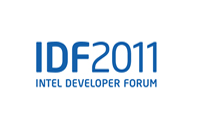

The future of computing will be increasingly about the user experience, rather than the devices themselves.
So claims Intel's chief executive Paul Otellini, who took to the stage during the opening keynote at the Intel Developer Forum (IDF) in San Francisco, to give his take on where the world of computing is headed.
"My theme today is about fundamental changes From how we communicate with our kids and colleagues to how we experience life's most memorable moments," he said.
"I would argue we are still at the very early stages in the evolution of computing. We have just begun to see its impact on the course of history."
In this environment, computing means a lot more than just computers. The device is important but the experience is more so.
The modern IT landscape is "a world where no single device sits at the centre," he said. "The user sits at the sweet spot. In this environment, computing means a lot more than just computers. The device is important but the experience is more so."
With this user experience-centric focus in mind, Intel has promised to offer users technology based on three tenets in the future. These creations will ensure the experience is engaging, consistent and secure, Otellini said.
Get the ITPro daily newsletter
Sign up today and you will receive a free copy of our Future Focus 2025 report - the leading guidance on AI, cybersecurity and other IT challenges as per 700+ senior executives
"As computing evolves it must also adapt," Otellini added before detailing a power management boost for up and coming devices based on Intel's architecture.
Otellini also provided details of Haswell, Intel's next-gen microprocessor architecture. He claimed the tech will boost power savings by a factor of 20 and will reduce processor power consumption by 30 per cent, compared to Sandy Bridge. Haswell is tipped to arrive in 2013.
The company is already readying its factories for production of its 14nm process, Otellini also confirmed.
Maggie has been a journalist since 1999, starting her career as an editorial assistant on then-weekly magazine Computing, before working her way up to senior reporter level. In 2006, just weeks before ITPro was launched, Maggie joined Dennis Publishing as a reporter. Having worked her way up to editor of ITPro, she was appointed group editor of CloudPro and ITPro in April 2012. She became the editorial director and took responsibility for ChannelPro, in 2016.
Her areas of particular interest, aside from cloud, include management and C-level issues, the business value of technology, green and environmental issues and careers to name but a few.
-
 Should AI PCs be part of your next hardware refresh?
Should AI PCs be part of your next hardware refresh?AI PCs are fast becoming a business staple and a surefire way to future-proof your business
By Bobby Hellard Published
-
 Westcon-Comstor and Vectra AI launch brace of new channel initiatives
Westcon-Comstor and Vectra AI launch brace of new channel initiativesNews Westcon-Comstor and Vectra AI have announced the launch of two new channel growth initiatives focused on the managed security service provider (MSSP) space and AWS Marketplace.
By Daniel Todd Published
-
 Gaining timely insights with AI inferencing at the edge
Gaining timely insights with AI inferencing at the edgeWhitepaper Business differentiation in an AI-everywhere era
By ITPro Published
-
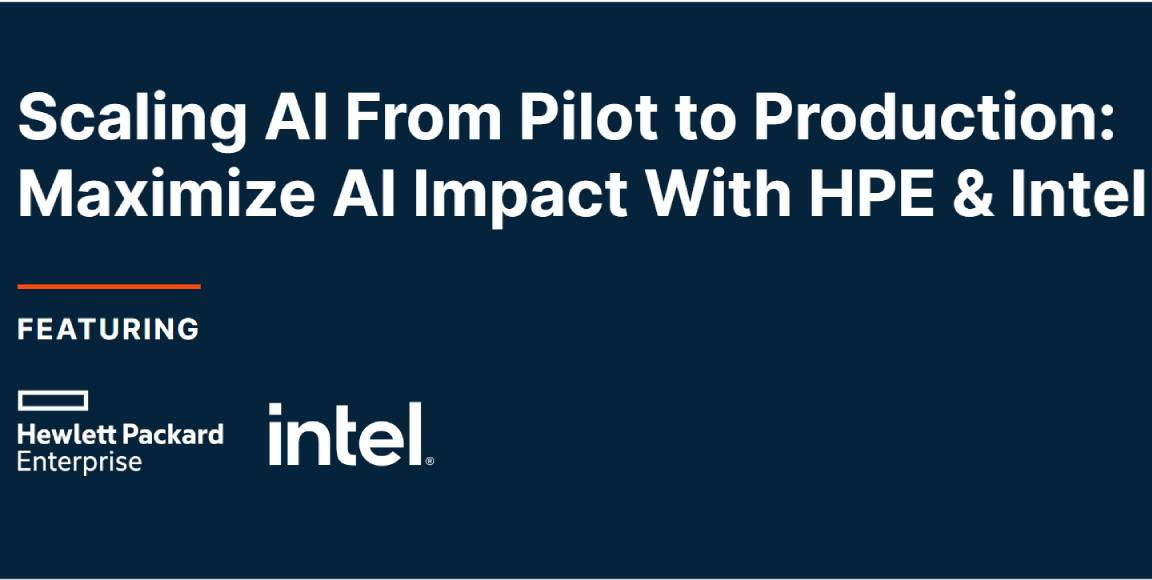 Scaling AI from pilot to production: Maximize AI impact with HPE & Intel
Scaling AI from pilot to production: Maximize AI impact with HPE & IntelWhitepaper Transform AI proof-of-concepts into full-scale implementations
By ITPro Published
-
 UK supercomputer boom as HPE and Dell receive funding for new AI cluster
UK supercomputer boom as HPE and Dell receive funding for new AI clusterNews The UK’s AI computing capabilities will increase by an order of magnitude in 2024
By Rory Bathgate Published
-
 AI gold rush continues as Hugging Face snags $235 million from IBM
AI gold rush continues as Hugging Face snags $235 million from IBMNews The investment round, which brings the company's valuation to $4.5 billion, also includes Amazon, Google, Intel, and Salesforce
By Richard Speed Published
-
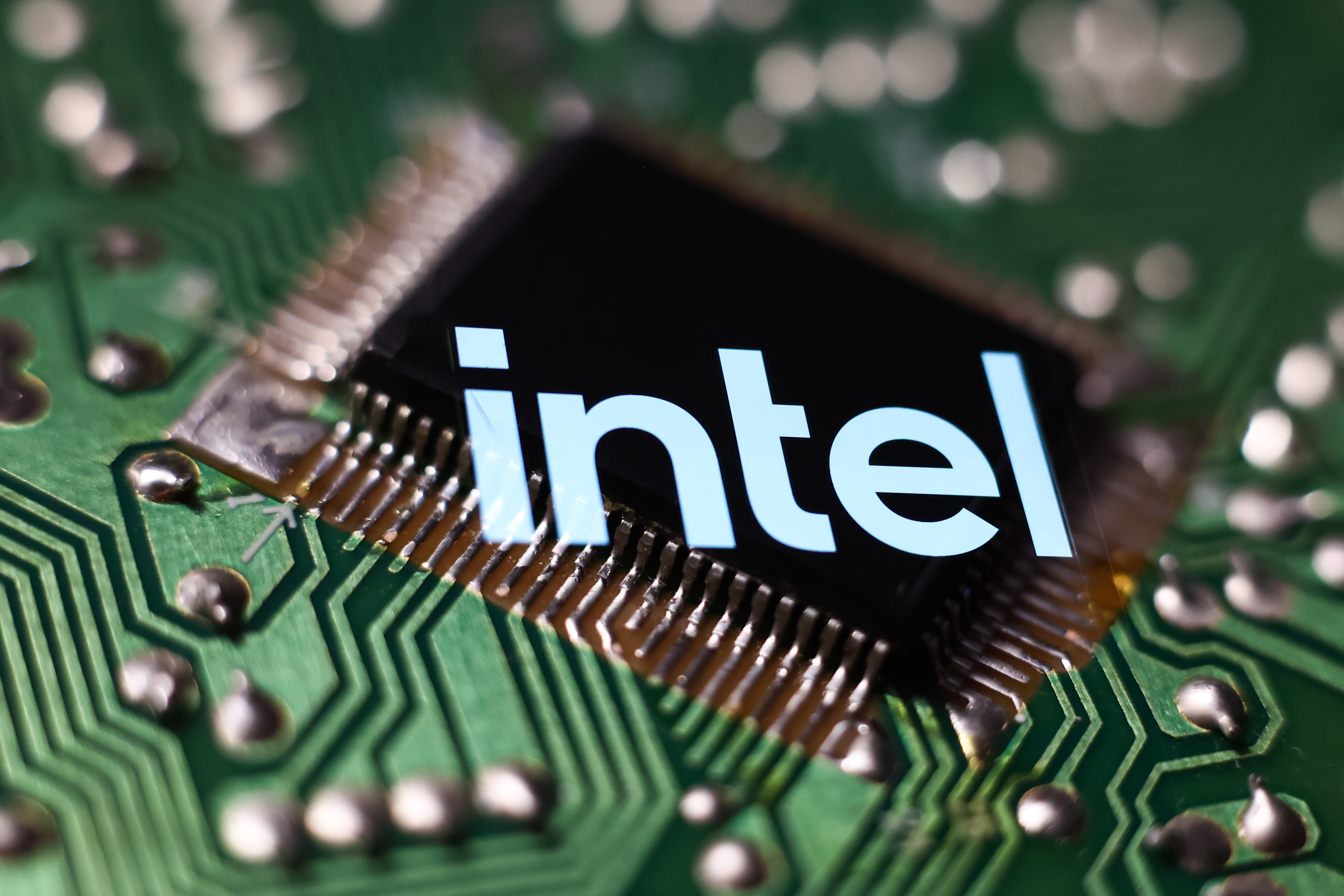 Why is ASUS reviving Intel’s NUC mini-PC line?
Why is ASUS reviving Intel’s NUC mini-PC line?News The diminutive PC is to rise again while analysts look for the business case
By Richard Speed Published
-
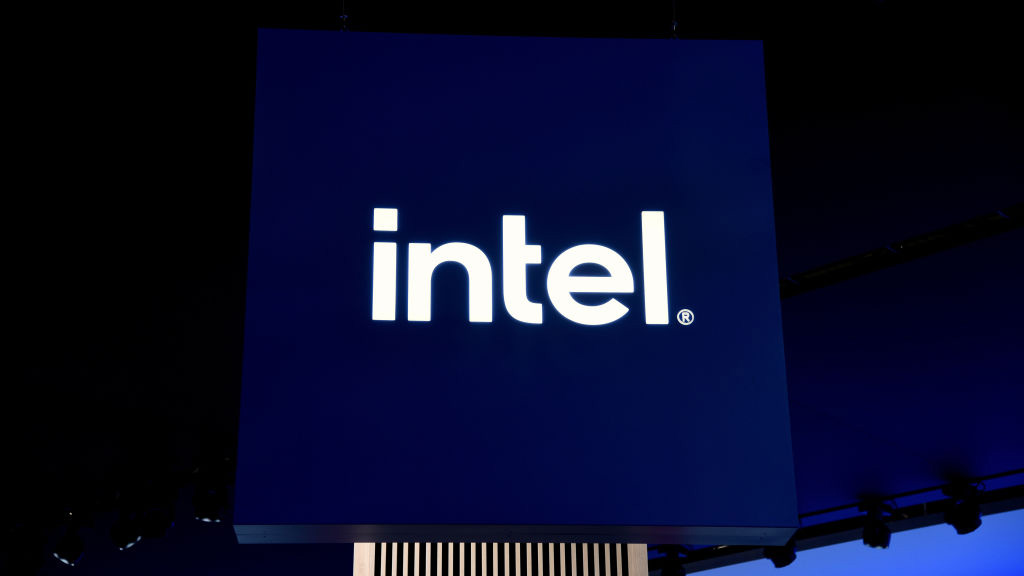 Intel targets AI hardware dominance by 2025
Intel targets AI hardware dominance by 2025News The chip giant's diverse range of CPUs, GPUs, and AI accelerators complement its commitment to an open AI ecosystem
By Rory Bathgate Published
-
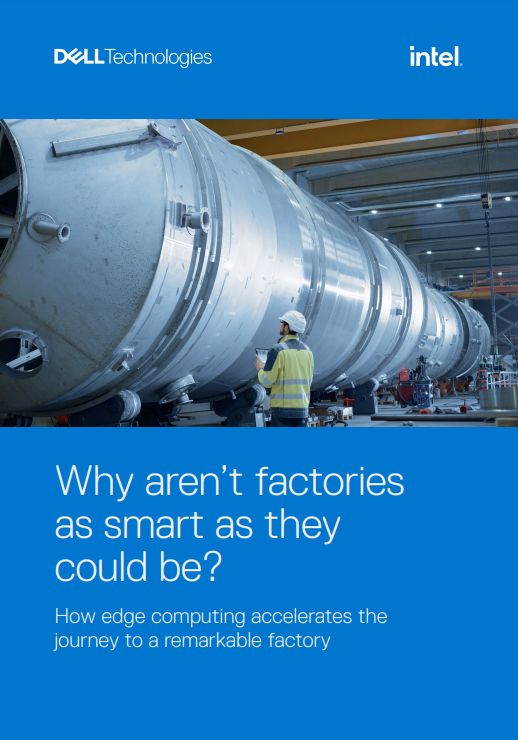 Why aren’t factories as smart as they could be?
Why aren’t factories as smart as they could be?Whitepaper How edge computing accelerates the journey to a remarkable factory
By ITPro Published
-
 Who needs Intel vPro®, An Intel® Evo™ Design, anyway?
Who needs Intel vPro®, An Intel® Evo™ Design, anyway?Sponsored With flexible work on the up, the demand for high performance on-the-go business laptops has never been greater
By ITPro Last updated